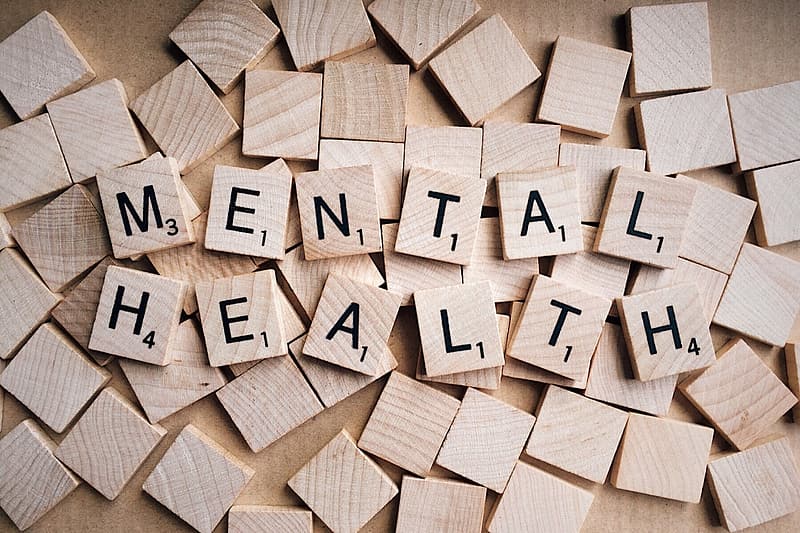New Delhi: Mental health issues are becoming more prevalent on college campuses across the country and researchers at Texas A&M University are working to develop evidence-based services that will help manage students’ mental health. While mental health counseling is available on most college campuses, the stigma around mental health care can keep students away from the help they need.
Tools to help combat this stigma are readily seen on college campuses today – smart devices. Most college students have either a smartphone, tablet or smartwatch. These devices allow students constant access to one another and the world around them and can provide a reliable platform to deliver mental health services.
Wearable Continuous Monitoring Tool
A team of researchers led by Dr. Farzan Sasangohar, assistant professor in the Department of Industrial and Systems Engineering, is developing a wearable continuous monitoring tool.
- It will utilize advanced machine learning.
- Through a wide range of sensors provided on commercial off-the-shelf smartwatches, detect signs and symptoms of high anxiety.
- If a wearer found suffering from anxiety he will be directed to resources.
- Wearable device will identify negative indicators. Anxiety patterns of heart rate could easily be detected by the smartwatch sensor.
The pilot program is called Mental Health Evaluation and Lookout or mHELP.
Resources Available through mHELP
- Through mHelp many resources including mobile self-assessments, educational content and self-management tools, such as biofeedback and mindfulness exercises will be provided to wearers.
- These services will be available on a mobile platform.
- The monitoring tool will also integrate with in-person and virtual counseling sessions.
What this Pilot Programme Hopes to Achieve
Students overall quality of life and academic success depend on how mentally strong they are. If they are not in the best of their health, motivation, concentration and social interactions suffer. These are very crucial factors for a student to be successful in college and life.
Many students at campus experience anxiety or depression. But only few openly admit that they are suffering from any mental issues. This programme is expected to overcome stigma associated with mental health treatment. Students can self-manage their mental illness.
This program is the first of its kind and could be used as a model for integrating mobile-enabled technologies into mental health care in other communities.
The original article by Alexandra H. Salazar appeared on the College of Engineering website.











